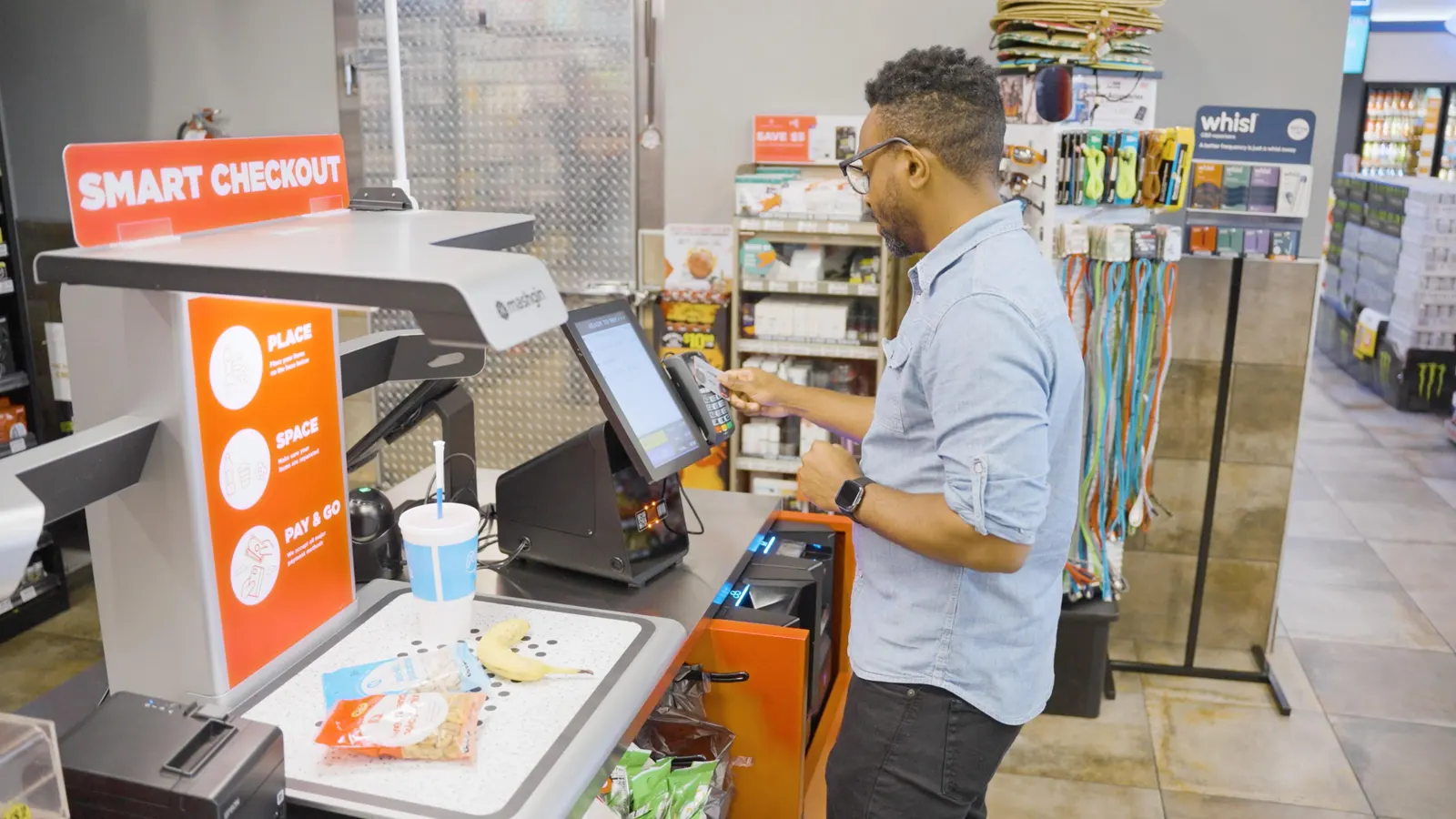The global Self-Checkout in Retail Market is at the forefront of the retail industry's digital transformation, fundamentally reshaping the in-store customer experience and store operations. This market, which encompasses the hardware, software, and services required to enable customer-led checkout processes, is experiencing robust growth. This expansion is driven by a powerful combination of factors, including the chronic challenge of labor shortages, the relentless pressure on retailers to improve operational efficiency and reduce costs, and a growing consumer preference for speed, convenience, and control over their shopping journey. The ecosystem of Self-Checkout in Retail Market Companies is a highly concentrated and technologically sophisticated landscape. It is dominated by a few major global point-of-sale (POS) and retail technology giants, complemented by a number of innovative software and computer vision startups. These organizations are all competing to provide the essential technology that allows shoppers to scan, pay for, and bag their own items, thereby transforming a key touchpoint of the retail experience and redefining the role of in-store staff.
A granular analysis of the market's key participants reveals a clear segmentation based on their origins and strategic focus. The first and most dominant category consists of the established, full-stack retail technology and POS hardware providers, most notably NCR Corporation, Toshiba Global Commerce Solutions, and Diebold Nixdorf. These companies have been the leaders in the checkout technology market for decades. Their strategy is to offer a complete, end-to-end solution that includes the physical self-checkout kiosks, the barcode scanners, the payment terminals, and the underlying software platform that integrates with a retailer's existing POS and backend systems. Their primary competitive advantage lies in their massive installed base, their long-standing relationships with the world's largest grocery and mass-market retailers, and their global service and support networks. They compete on the basis of reliability, scalability, and the ability to manage large, complex, multi-store rollouts.
A second, and increasingly influential, category includes the major enterprise software and technology companies who are entering the market with more modern, flexible solutions. Fujitsu is a significant player in this space, offering a range of self-checkout and broader retail automation solutions. A third, and highly disruptive, category is comprised of the new generation of startups and technology companies that are pioneering the next wave of frictionless checkout. This includes companies developing "scan-and-go" mobile applications that allow customers to scan items with their own smartphone as they shop, and, most advanced, the computer vision and AI-powered "just walk out" technologies, famously commercialized by Amazon Go. These companies are not competing on traditional kiosk hardware; they are competing on the sophistication of their software, AI models, and their ability to create a truly seamless and checkout-free experience. The Self-Checkout in Retail Market Is Projected To Grow a Valuation of USD 17.62 Billion by 2035. Growing at a CAGR of 13.44% During the Forecast Period 2025 - 2035. The strategic imperatives for all these players are converging on key themes like improving loss prevention through AI, enhancing the user experience, and creating more flexible and modular hardware and software solutions.
Top Trending Reports -
Japan Contact Center As A Service Market
 Free IL
Free IL


